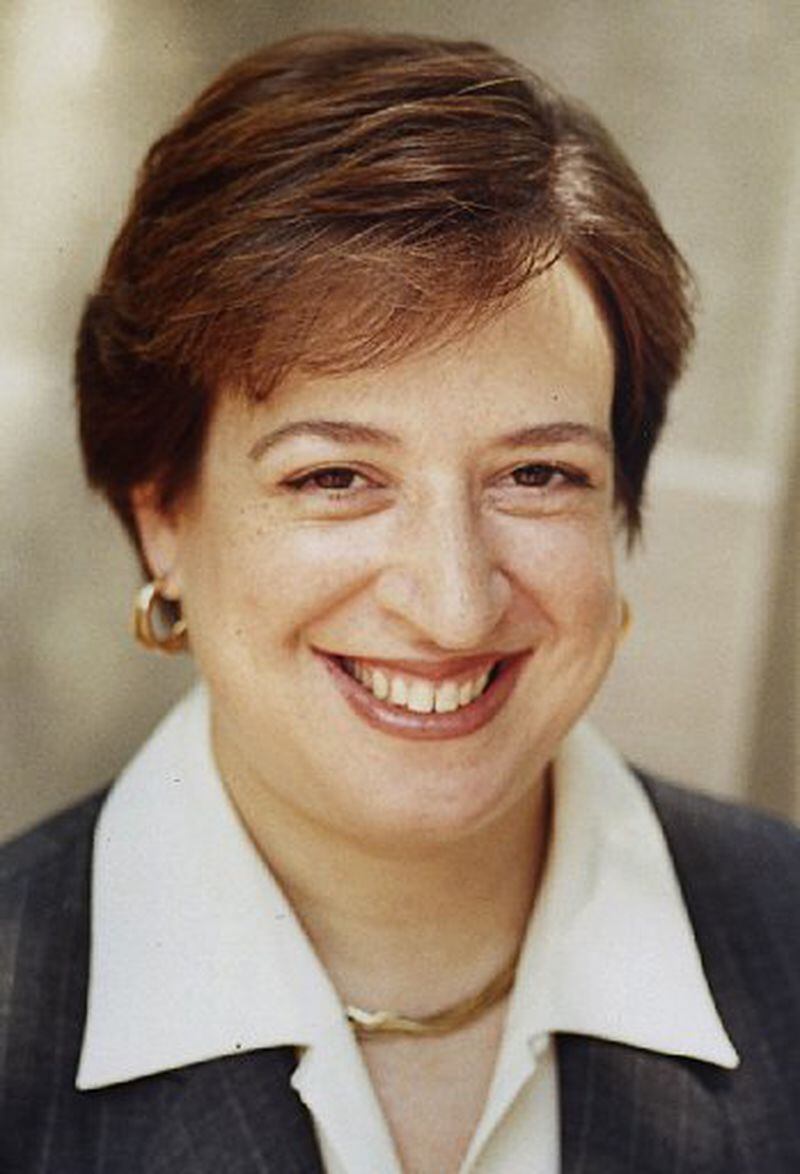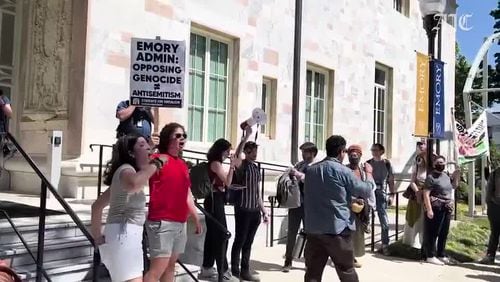The U.S. Supreme Court on Monday heard arguments as to whether Georgia prosecutors engaged in race discrimination when they struck all the prospective African-American jurors for a trial in which an all-white jury sentenced a young black man to death.
During the arguments, it became clear that a number of the court's more liberal justices believed the prosecutors' color-coded notes, which identified prospective jurors by race, and their subsequent explanations as to why they struck all the black jurors violated the the 1986 Supreme Court ruling, Batson v. Kentucky. The landmark decision sought to end racial discrimination in jury selection.
"Isn't this as clear a Batson violation as a court is ever going to see?" Justice Elena Kagan asked at one
Credit: Bill Rankin
Credit: Bill Rankin
point.
All told, six of the high court's nine justices appeared ready to reject the state's arguments that prosecutors struck prospective black jurors for reasons other than race.
Beth Burton, the state attorney who asked the court to uphold the death sentence against Timothy Tyrone Foster, replied she did not think there was a clear violation. She said the notes, which refer to black jurors as "B#1," "B#2" and "B#3," showed that prosecutors were preparing to defend a Batson challenge raised by Foster's trial lawyers once they had struck all the black jurors.
"Isn't it a little surprising that he never thought of that?" Breyer asked, referring to former District Attorney Stephen Lanier. "It's hard to believe that's his real reason."
Stephen Bright, Foster's appellate counsel, told the court there was overwhelming evidence that showed prosecutors were determined to get rid of all prospective black jurors.
"We have an arsenal of smoking guns in this case," Bright said.
Credit: Bill Rankin
Credit: Bill Rankin
Foster, an African-American, was 18 when he killed Queen Madge White, a 79-year-old white, retired elementary teacher in her home. During jury selection, prosecutors struck all four eligible African-American jurors.
Also during the arguments, justices disclosed that they had asked lawyers for both sides on Friday afternoon how the court should consider the appeal. Should the justices consider the lengthy decision by the state court judge denying Foster's Batson challenge or should they rely on the Georgia Supreme Court's cursory opinion in which the court said it found no arguable merit in the appeal and declined to hear it.
At least two justices, Antonin Scalia and Anthony Kennedy, wondered whether the high court should send the case back to the Georgia Supreme Court and ask it to give them the answer.
About the Author








